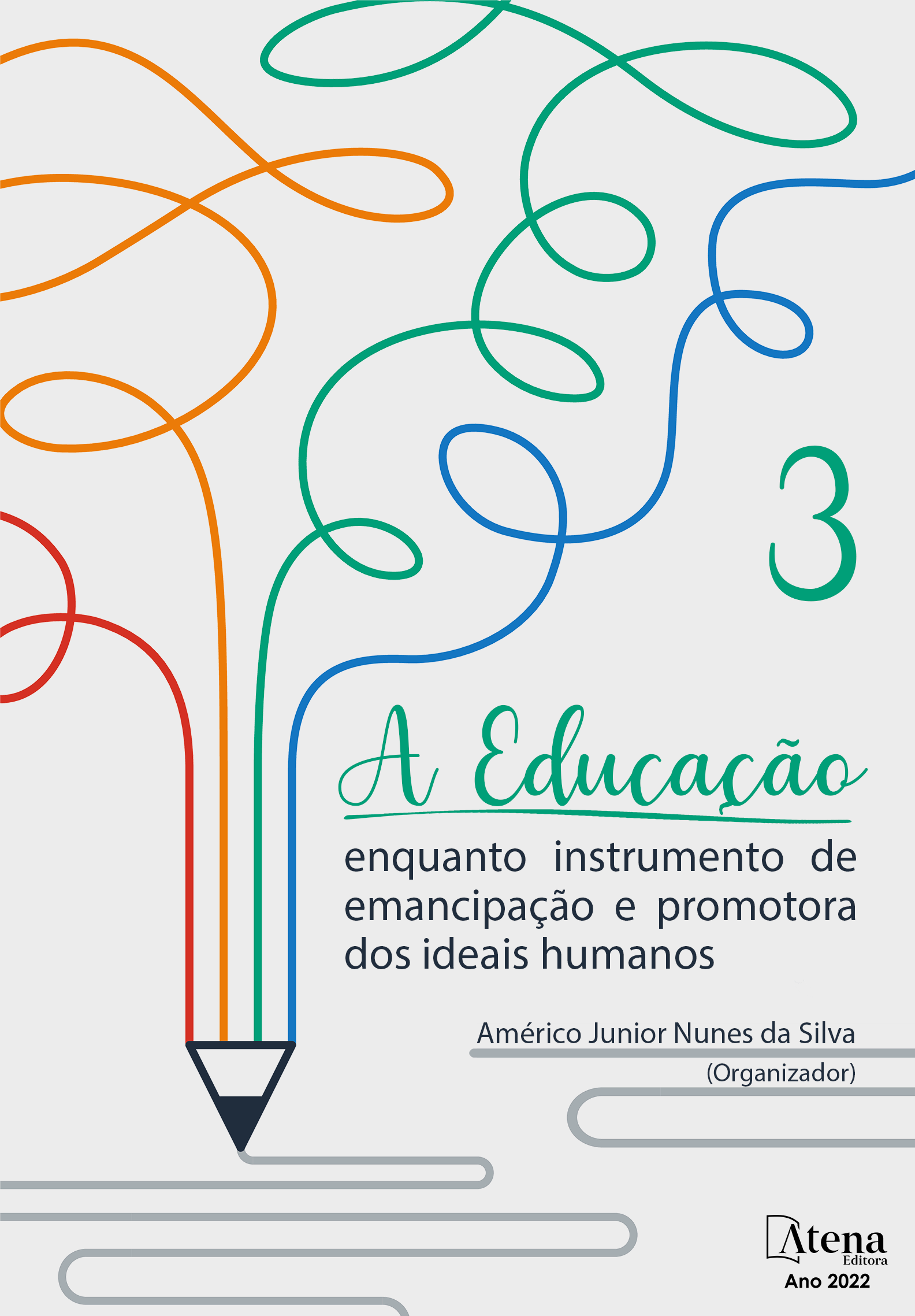
APONTAMENTOS SOBRE AS POLÍTICAS DO ENSINO RELIGIOSO NO BRASIL NOTES ABOUT RELIGIOUS EDUCATION POLICIES IN BRAZIL
As temáticas que envolvem religião sempre foram tidas como tabus nas sociedades e carecem sempre de serem melhor discutidas. Ainda que existem várias religiões diferentes espalhadas por todas as partes do Mundo, cada qual com suas características peculiares, existem pessoas que tentam impor alguns tipos de comportamentos e atitudes associados a determinadas religiões numa eterna corrida para se saber qual a melhor e qual a pior, se é que é possível fazer essa mensuração. A história da construção e do desenvolvimento da sociedade brasileira esteve e está imbricada com essa temática praticamente em todos os segmentos. Essa grande diversidade de religiões atualmente no Brasil mostra que praticamente metade da população pertence a religião católica e que 31% são considerados evangélicos tendo apenas 10% sem religião, ou seja, uma população envolvida com esse tema. Diante disso, este texto apresenta aspectos relevantes no que tange ao ensino religioso nas escolas brasileiras. Para isso, o método de pesquisa utilizado é o bibliográfico-jurídico-teórico, de caráter exploratório, cuja fundamentação ocorreu através da apresentação e análise das legislações pertinentes ao longo da história. Analisou-se essa temática desde o período colonial até a última documentação oficial que é a BNCC - Base Nacional Comum Curricular. Pode-se constatar que ocorreram várias transformações no que diz respeito não apenas aos documentos oficiais, mas também a própria interpretação e incorporação desses saberes pelos diversos grupos sociais. Ficou evidenciada uma grande transformação do caráter doutrinário inicial para o desenvolvimento de competências humanísticas pertinentes ao desenvolvimento da cultura de paz, por meio da convivência com a diversidade e a pluralidade de ideias lembrando que apenas Leis e documentos nunca serão suficientes para garantir mudanças principalmente no sentido de uma cultura de paz visto que as palavras, as leis e as normas precisam ser incorporadas no dia a dia das pessoas.
APONTAMENTOS SOBRE AS POLÍTICAS DO ENSINO RELIGIOSO NO BRASIL NOTES ABOUT RELIGIOUS EDUCATION POLICIES IN BRAZIL
-
DOI: 10.22533/at.ed.49322280121
-
Palavras-chave: Religiosidade; Ensino; Políticas
-
Keywords: Religiousness; Teaching; Policies
-
Abstract:
Thematics involving religion have always been considered taboo in societies and always need to be better discussed. Even though there are several different religions spread all over the world, each with its peculiar characteristics, there are people who try to impose some types of behaviors and attitudes associated with certain religions in an eternal race to know which is the best and which is the worst, if it is possible to make this measurement. The history of the construction and development of Brazilian society was and is intertwined with this theme in practically all segments. This great diversity of religions currently in Brazil shows that practically half of the population belongs to the Catholic religion and that 31% are considered evangelicals, with only 10% having no religion, that is, a population involved with this topic. Therefore, this text presents relevant aspects regarding religious education in Brazilian schools. For this, the research method used is the bibliographic-legal-theoretical, exploratory character, whose foundation occurred through the presentation and analysis of relevant legislation throughout history. This theme has been analyzed since the colonial period until the last official documentation, which is the BNCC - Common National Curriculum Base. It can be seen that there have been several transformations with regard not only to official documents, but also the very interpretation and incorporation of this knowledge by different social groups. A major transformation of the initial doctrinal character was evidenced for the development of humanistic competences relevant to the development of the culture of peace, through the coexistence with the diversity and plurality of ideas, remembering that only Laws and documents will never be enough to guarantee changes, mainly in the sense of a culture of peace as words, laws and regulations need to be incorporated into people's daily lives.
-
Número de páginas: 15
- Ubiratan Silva Alves
- SERGIO LUIZ DE SOUZA VIEIRA


